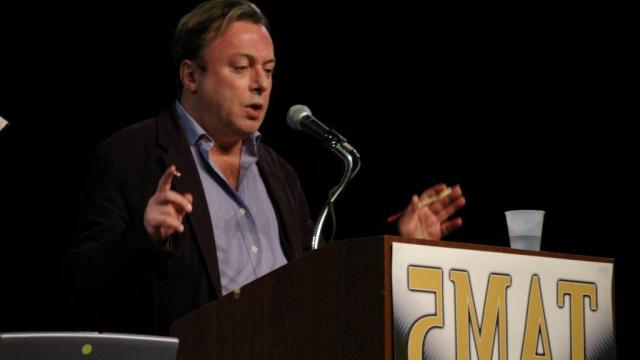How Litigation May Imprison Art History in America

Imagine you’re an expert on some famous artist. Now imagine someone comes to you with a painting they believe is by that famous artist. After looking at the painting, you give your expert opinion that the work isn’t by that famous artist. Imagine that the unhappy owner is unhappy enough to sue you over your answer. In the owner’s mind, you’ve just cost him or her thousands or even millions depending on the magnitude of the painter’s fame. That scenario is happening for real more and more often. The consequences to art scholarship are chilling. Fear to use expertise is as good as no expertise at all. A world without art historians helping us understand art is one I can’t even imagine.
In a recent issue of The Art Newspaper, Georgina Adam and Riah Pryor discuss this troubling new trend of “law versus scholarship.” They open with a tale of disputed drawings allegedly by Francis Bacon that the expert will neither confirm nor deny, giving only a noncommittal opinion that they are “unlike any authenticated works.” Such silence is deafening and disturbing. Robbed of academic freedom, the expert can’t practice his craft. The problem is even worse in America, land of the litigious. Adam and Pryor quote New York art lawyer Ronald Spencer saying that “[t]his is a very serious problem. Specialists are often academics earning $100,000 [or less] a year and they can’t afford litigation they are fearful of being a defendant in a lawsuit, even if they should win.” Although Spencer concedes that America’s litigiousness is a “cliché,” the U.S.’s system in which the plaintiff is not required to pay the legal fees of a successful defendant increases the likelihood of such lawsuits versus in other countries such as the U.K.
Even something as seemingly innocent as a catalogue raisonnés can become a legal battlefield. Including or not including a work in the official record of an artist can land you in court. The President of the Catalogue Raisonné Scholars Association, Nancy Mathews, told Adam and Pryor of threats from angered owners and “legal action whether it’s justified or not—it’s emotional—[that] causes headaches for the scholar even if it has no real legal basis.” “As a result even flagrant fakes are not denounced,” Adam and Pryor conclude, “meaning that innocent people could be deceived.” In a way, the angered owners are hurting themselves as well as the market.
The environment has reached the point that organizations created specifically to authenticate works, such as the Andy Warhol Art Authentication Board, close because of the cost of lawsuits over their pronouncements. The Pollock-Krasner Foundation, which folded in 1995, still fields lawsuits related to its catalogue raisonné of Jackson Pollock’s art. I doubt authentication boards will proliferate in the future in the face of owner fury and shaky finances.
What saddens me the most about the litigious end of the art scholarship and expertise that translates into catalogues raisonné is the lost multidimensionality you get of the great artists through such scholarship. Collectors want consistency in an artist—a “name brand” as recognizable as Modigliani’s long necks. But I love to see the little known exceptions to the rule: the landscapes by portrait painters, the youthful abstractions of a committed realist, the late works that seem done by another hand due to philosophical or physical change (and sometimes both). “Do I contradict myself?” Walt Whitman wrote, “Well, then, I contradict myself. I contain multitudes.” Great artists contradict themselves because the “multitudes” within them yearn to be free. One genre, one style, one medium are rarely enough. Those “multitudes” raise questions for us today. We can either enjoy the doubts they may raise or ignore that uncertainty in the name of name branding and the certainty of a solid investment.
[Image source:Shutterstock.com.]




